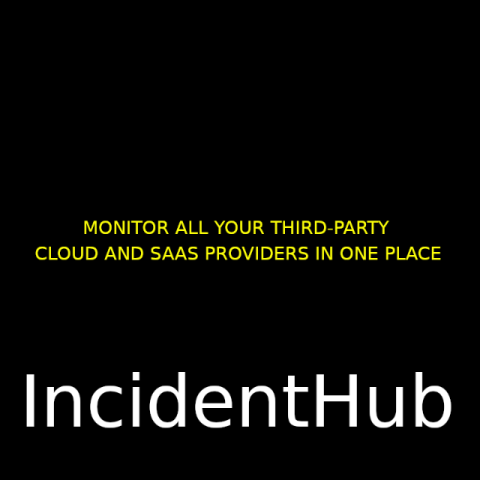How Stress Affects Our Learning Abilities in Incidents (And What To Do About It)
While retrospectives provide a valuable pathway for learning outside of the flow of work, we also want learning to happen during an incident or unexpected event as it unfolds. This can be challenging due to the negative impact of stress on our ability to learn and navigate difficult situations. In this article, we’ll dig into how stress inhibits our ability to learn and what we can do about it.











